
Pregnancy is the time when the physical changes and discomforts in a woman’s body is usually highlighted, but at the same time the emotional changes she could be facing is not given much attention. The emotional well-being and mental outlook of the pregnant woman also play important roles in pregnancy. Emotional changes can be due to hormone variations and it can be either positive or negative. Emotional reactions may inevitably come up when the brain take up a huge amount of new information, new responsibilities and changes to the previous routines. Expecting a new member to family can lead to plenty of mood swings during pregnancy period.
It’s common to get confused regarding the pregnancy and future relationship with the partner, regarding the support issues and whether she could fulfill the role of a mother and so on. Practical concerns also matters; as being prepared financially for an addition to the family or living on one income, if a woman decides not to work outside the home. The best solution to avoid such problems for both woman and her partner is to have a effective preparation for almost a year to adjust to the realities of becoming parents.
Taking good physical care of yourself, taking plenty of rest and sleep, will also help to keep the emotions in proportion. Healthy discussions with other women or couples may also reveal that you are not alone in your experiences. Simply, pregnancy is a huge transition in a woman’s life, including a complex mix of emotions, both good and bad. Biologically it can be explained as a result of sudden increase of the hormones like estrogen and progesterone and their sensitivity towards these changes .In spite of moodiness, irritability or crabbiness, let’s see what are these roller coaster of emotions that come up during the pregnancy period.
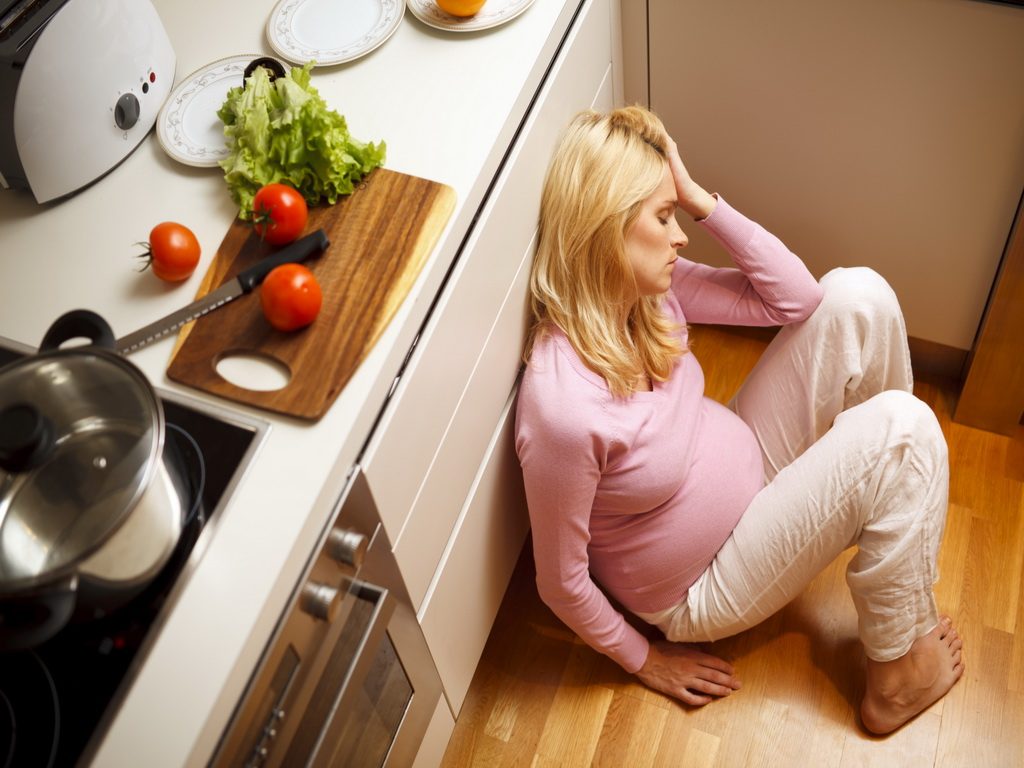
One of the common emotion during pregnancy is fear. In the first trimester, if the fear is of having a miscarriage or doing something that will affect her baby’s health; in the second trimester, it might be due to confused and frightened mind of becoming a good mother and huge responsibilities.
By the end of pregnancy, fear may be regarding the labor, pain and negative emotions. Getting feared is quite common but don’t allow this to rule you during your pregnancy period.

Fear and anxiety are two emotions that go hand i hand and it’s the fear of uncertainty that often comes with pregnancy can lead to anxious thoughts.Anxiety is a normal emotion and people have it for a reason. The interesting part is that both the anxiety and fear systems in the brain that ramp up during pregnancy helps make sure that a woman keeps her baby safe, cared for and protected after she gives birth. But on the other hand, high levels of anxiety during pregnancy result in weakened immune response to vaccines by 6 months of age compared with babies of relaxed moms.
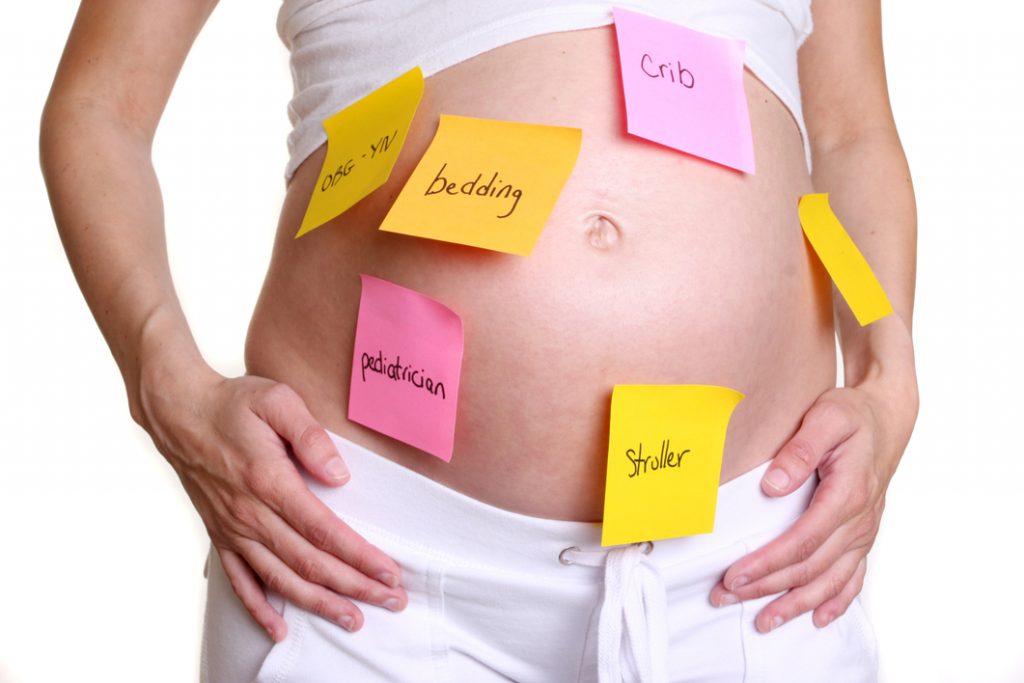
Pregnancy brain” or “baby brain is simply explained as the mental fogginess and occasional memory lapses that can occur during the pregnancy period which may cause a woman’s keys to be misplaced and cell phone to go missing.
The fuzzy thinking and forgetfulness before and after birth may be a result of hormonal fluctuations, especially due to higher levels of progesterone, sleep deprivation or the stress of adjusting to a major life transition. Certain reseaches reveal that the hippocampus, the part of the brain involved in memory, may undergo changes during pregnancy.

Due to complex mix of emotions, sometimes pregnant women may end up in tearfulness, a stage through which the emotions come out due to fluctuating effects of hormones. They may burst into tears easily and requires special attention as it may turn into depression if the situation get worse.
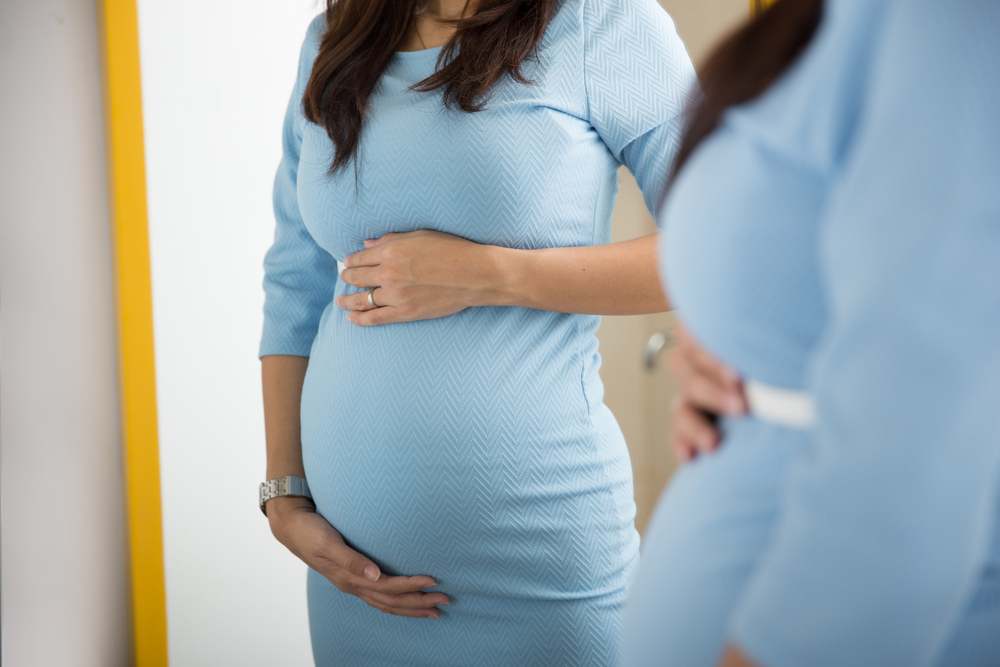
The consciousness of the shapeless body may cause dissatisfication and it may affect one’s self-esteem. Depending on the attitude issues, if one may feel excited on the visible baby bump, others may worry about weight gain and regaining their figures after delivering. Therefore it’s always good to have a postive mind and to accept the fact of being pregnant, to enjoy each and every loop of motherhood to the fullest and to save the worries for later!!
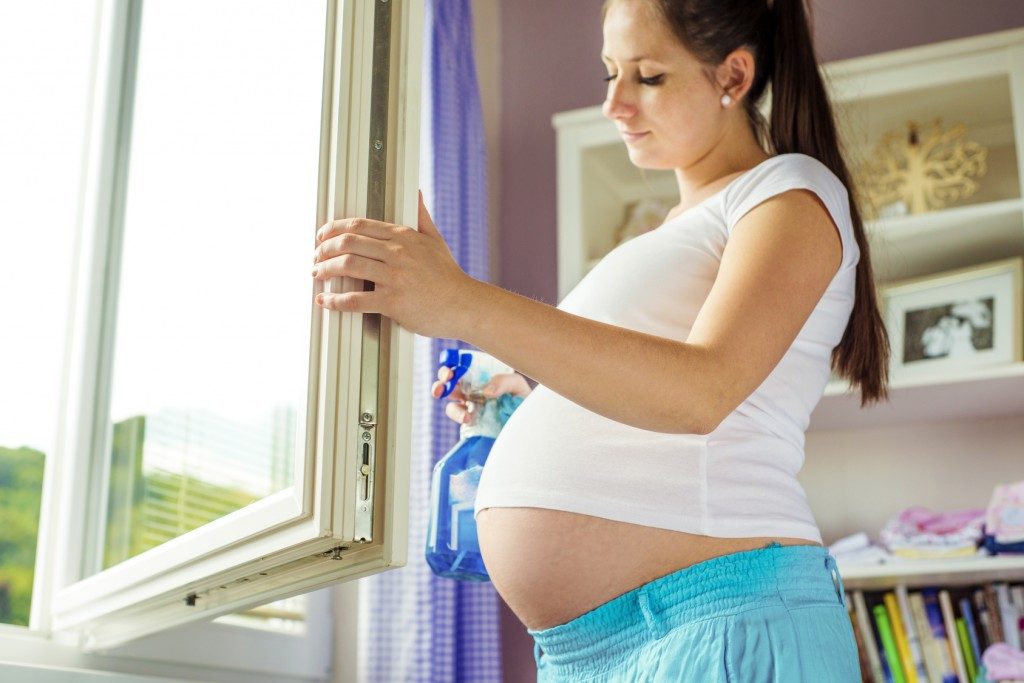
Studies show that towards the end of pregnancy, the reward system in the brain ramps up in preparation for the baby’s arrival, and this helps to make parenting a rewarding experience. Social activities and preparations for motherhood, such as baby-proofing the house, attending a baby shower, decorating the nursery etc, can all lead to a nesting instinct. Some women may feel a strong urge to cook, clean and organize during the third trimester and to prepare themselves for a major change in their life.
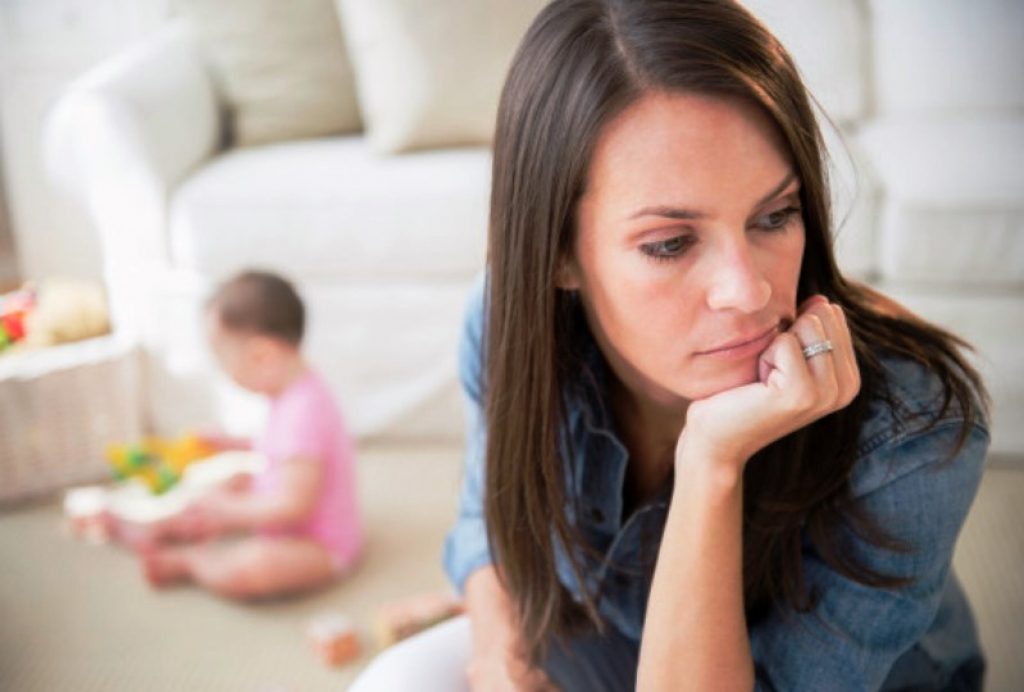
The postpartum period is considered to be a vulnerable time for women, especially for depression. The risk for postpartum depression may increase due to a sharp drop in estrogen and progesterone after giving birth and also due to inadequate sleep and food intake. “Baby blues” are emotional variations in the early stages of pregnancy including symptoms such as feeling sad, anxious, moody, weepy or overwhelmed, difficulty in sleeping and a lack of appetite. These symptoms usually go away two weeks after delivering. But if the symptoms persist for long it is advised to consult and seek help from an expert.
For women who are experiencing depression or anxiety before or after their baby is born, there are a mix of treatments including talk therapy, support groups as well as safe medications. After all woman who is expecting a baby should find time for her own to have a healthy, stress-less pregnancy period.
It is the most powerful creation to have life growing inside of you.There is no bigger gift